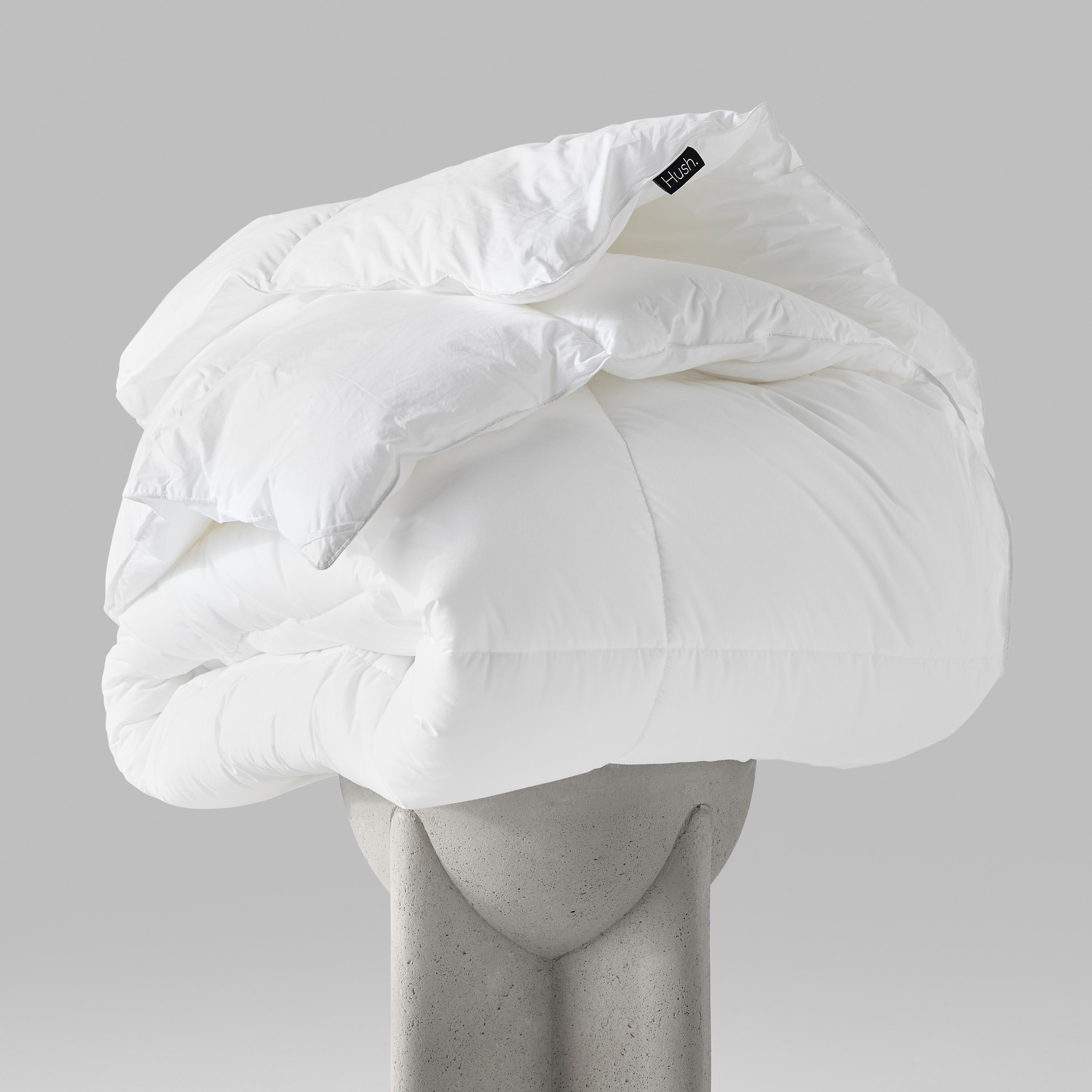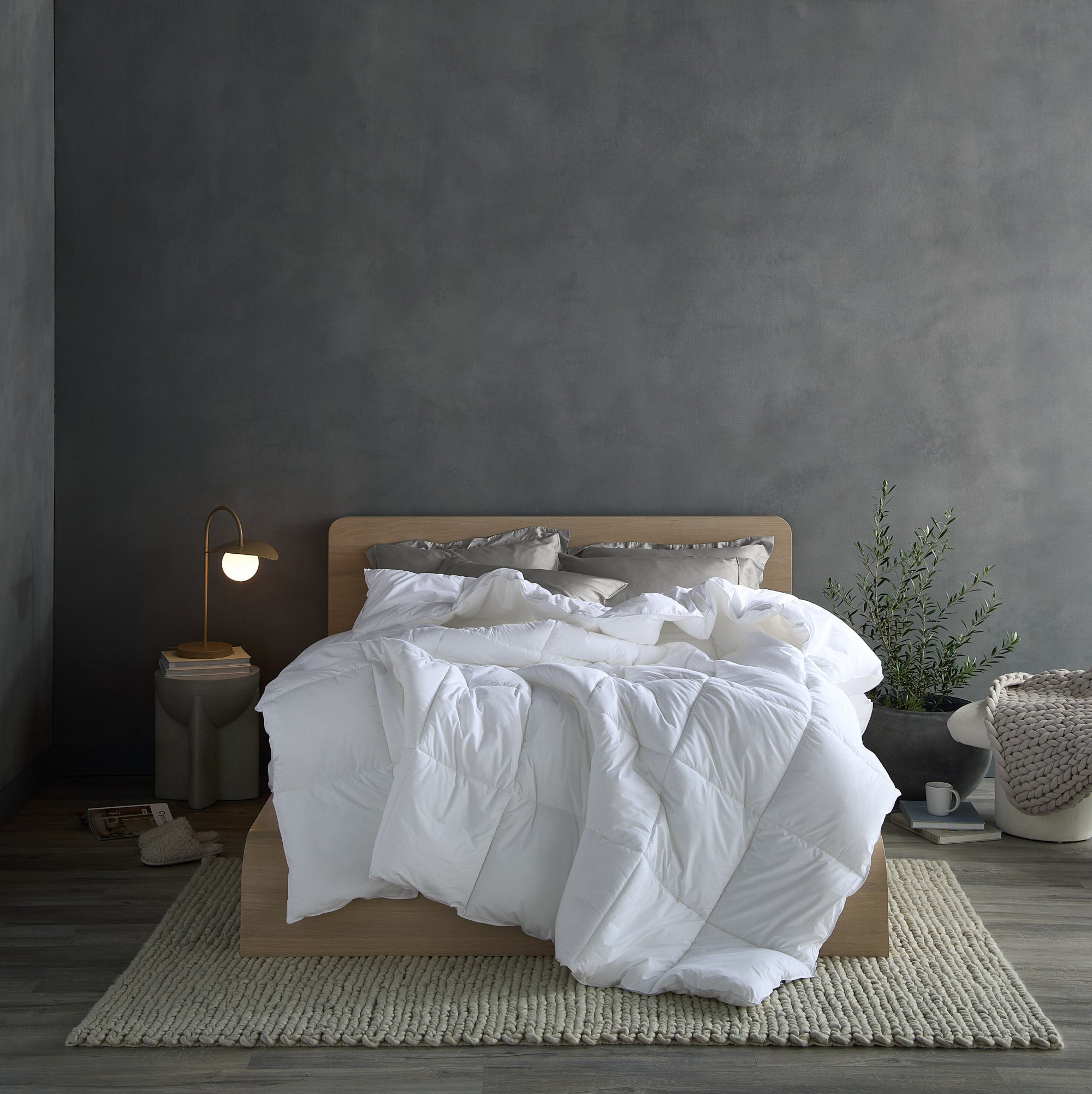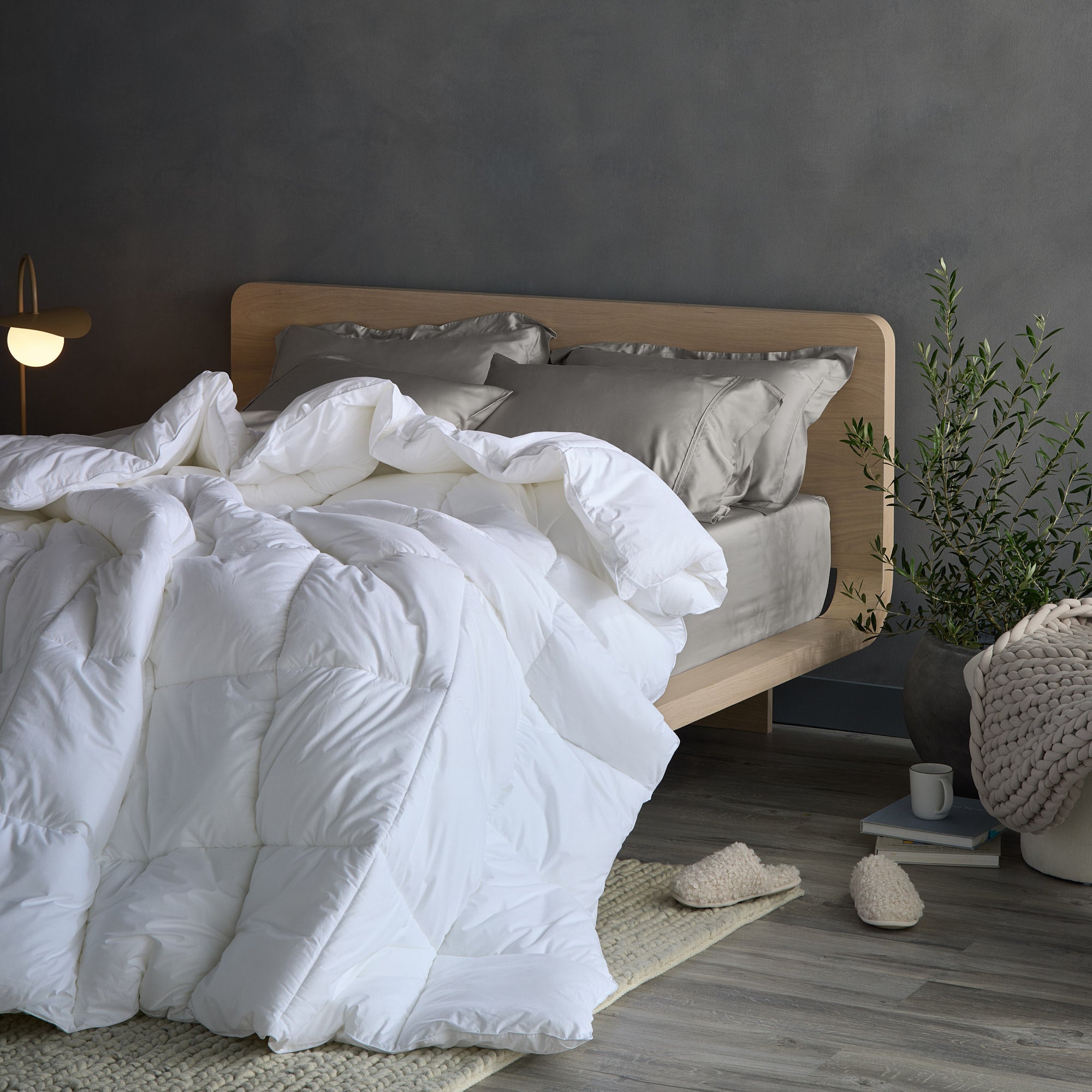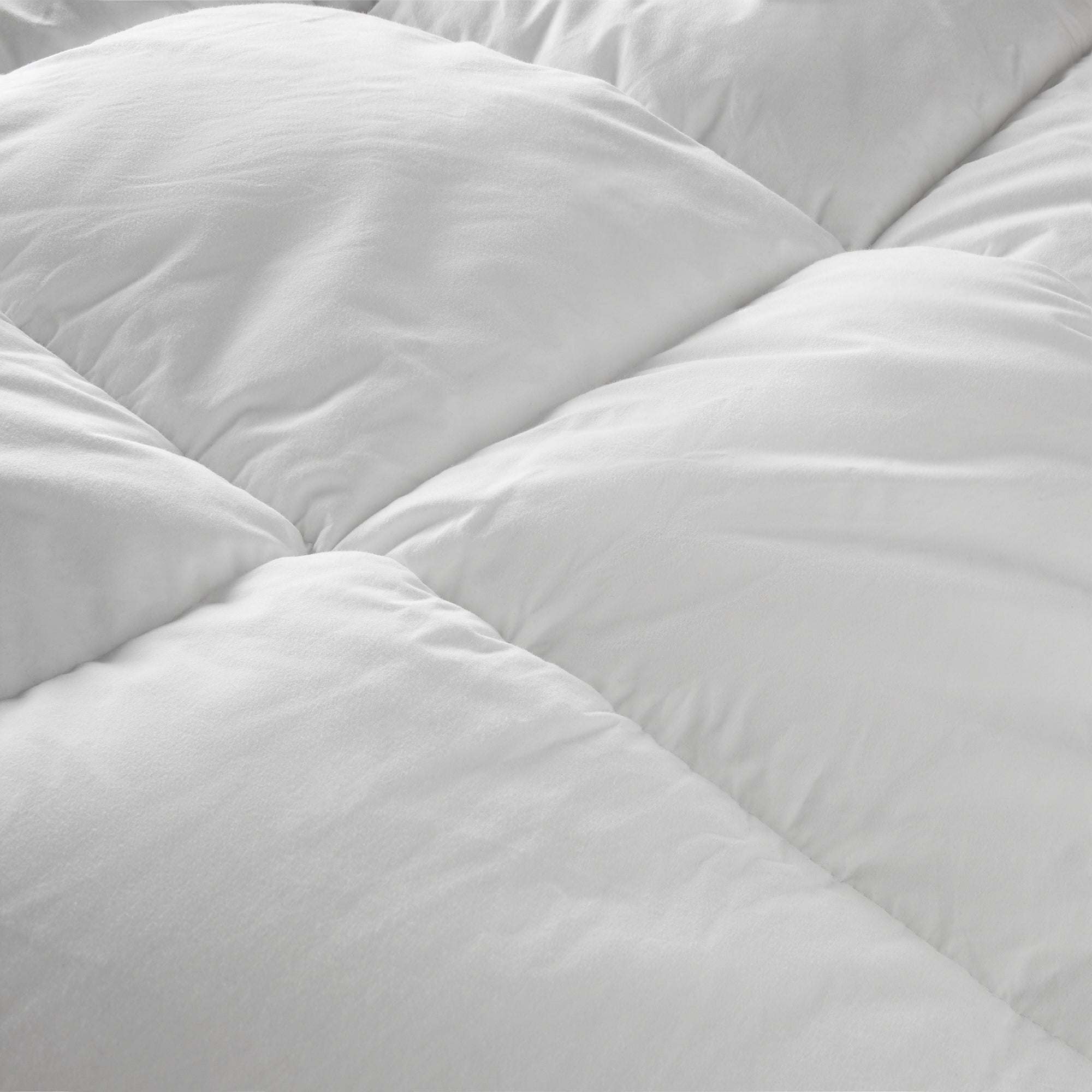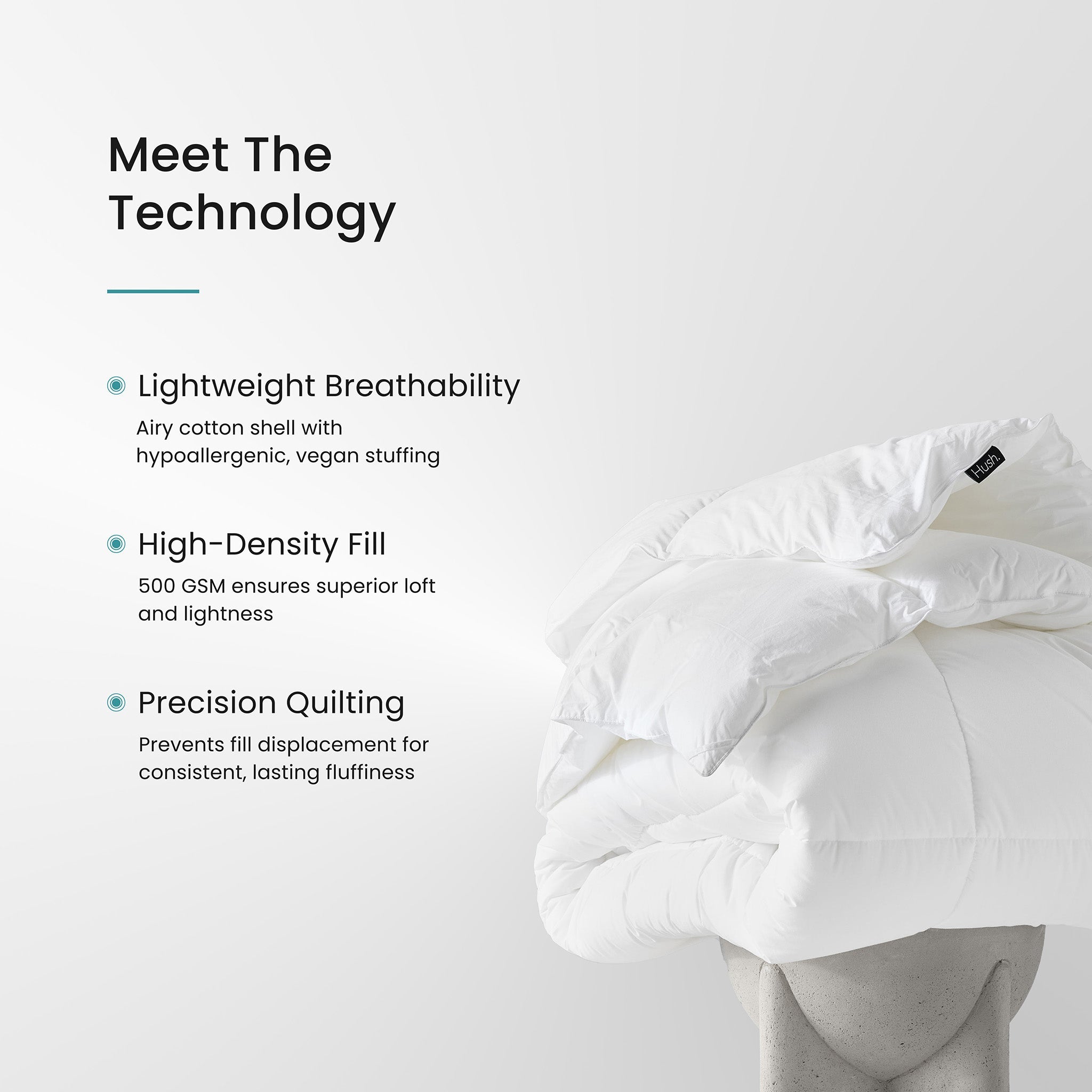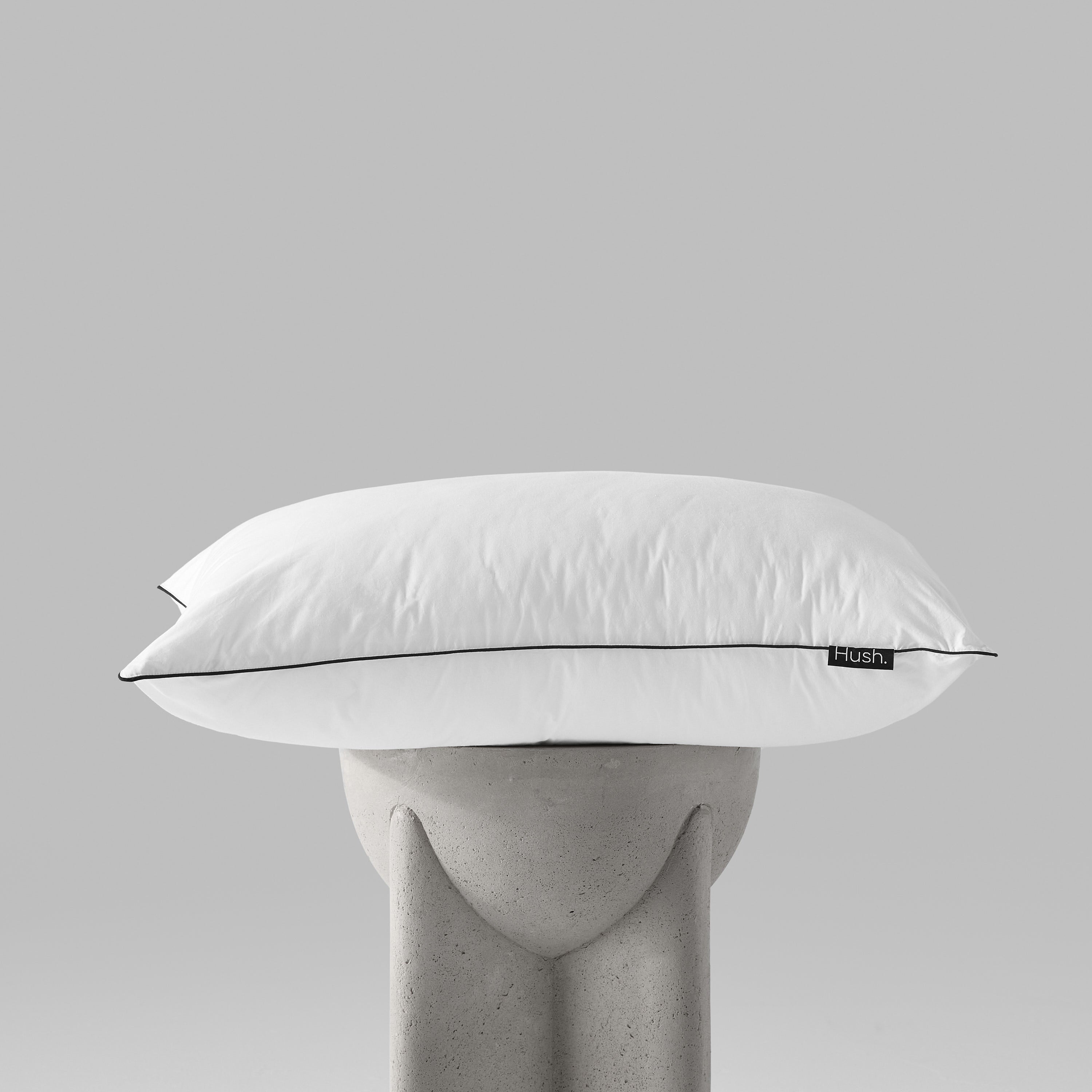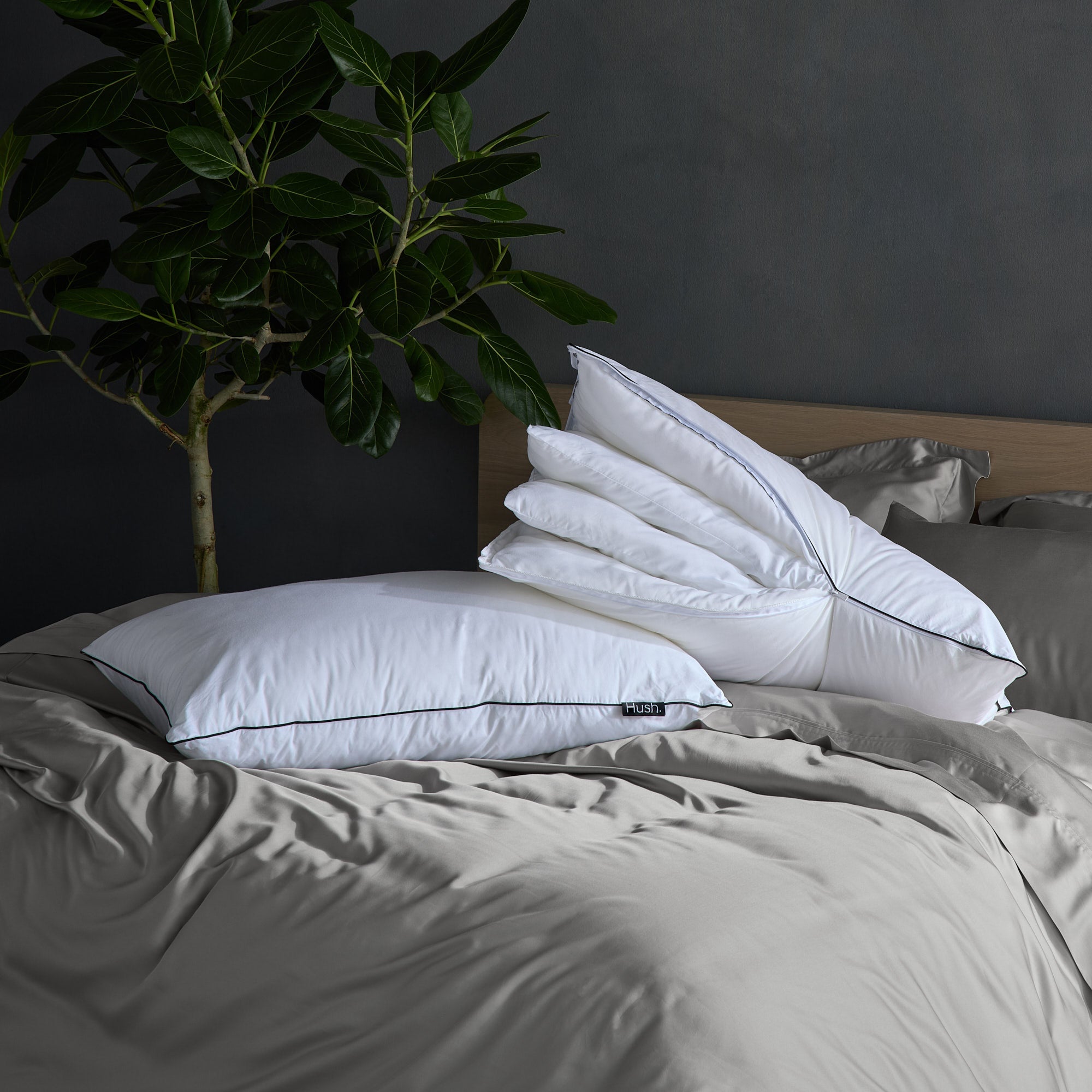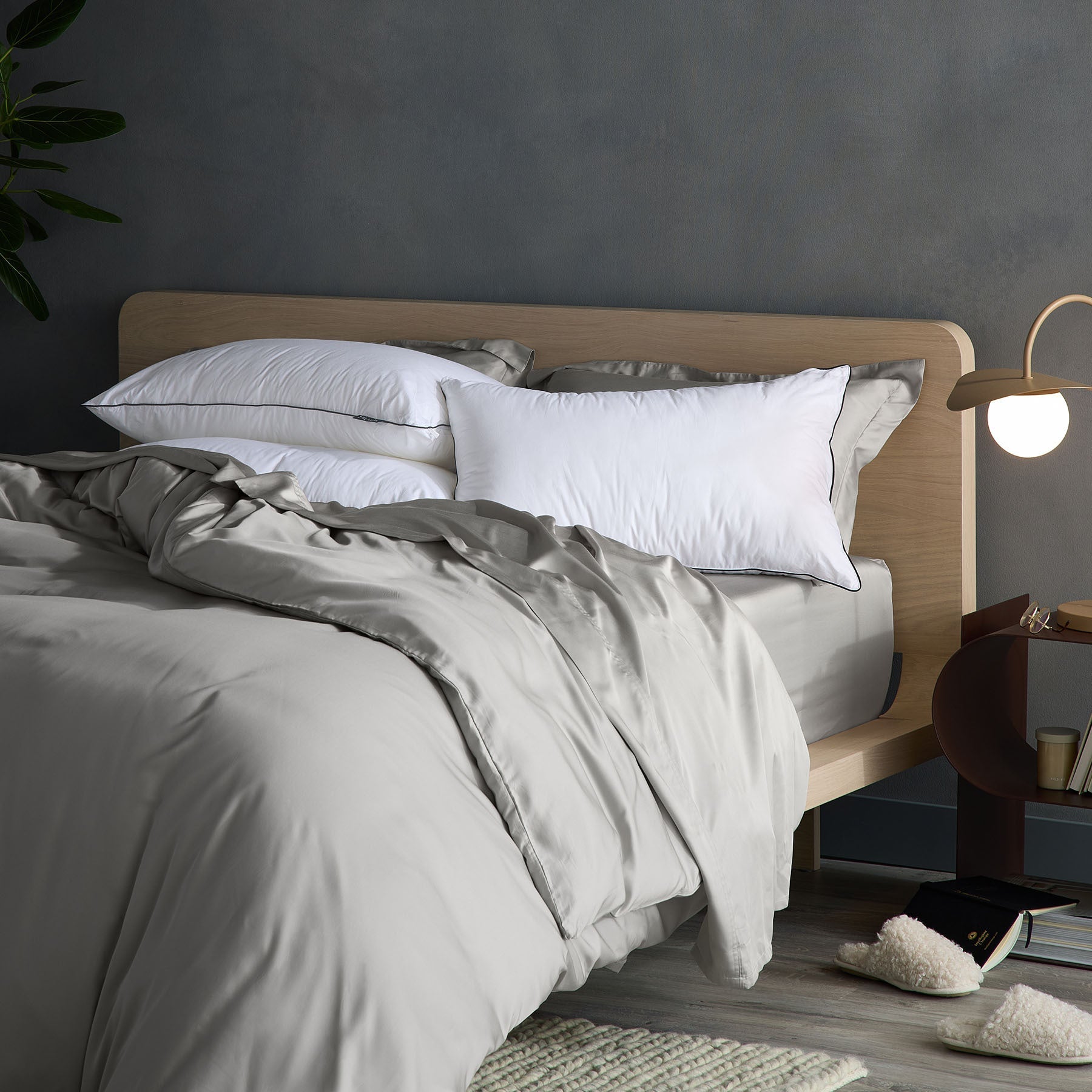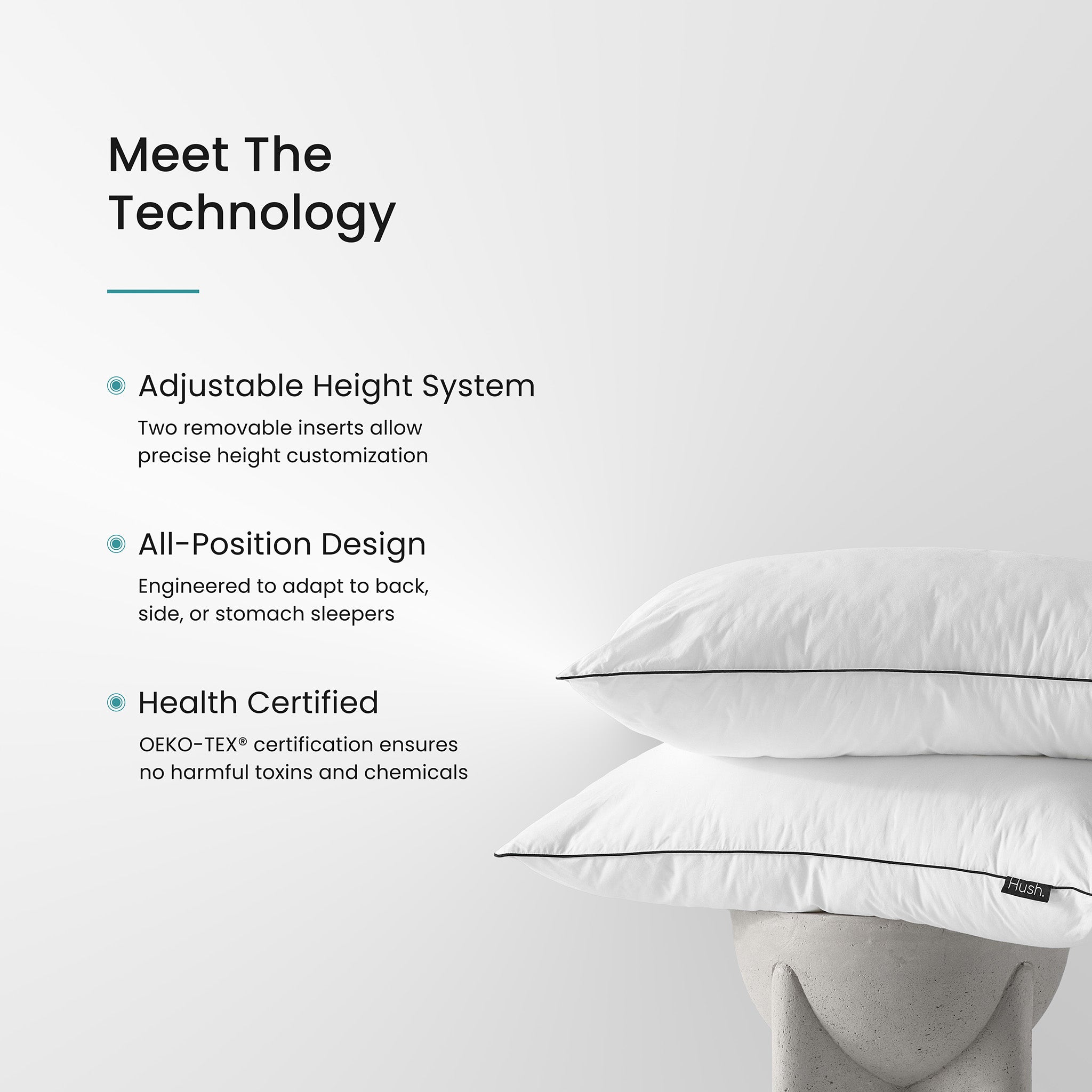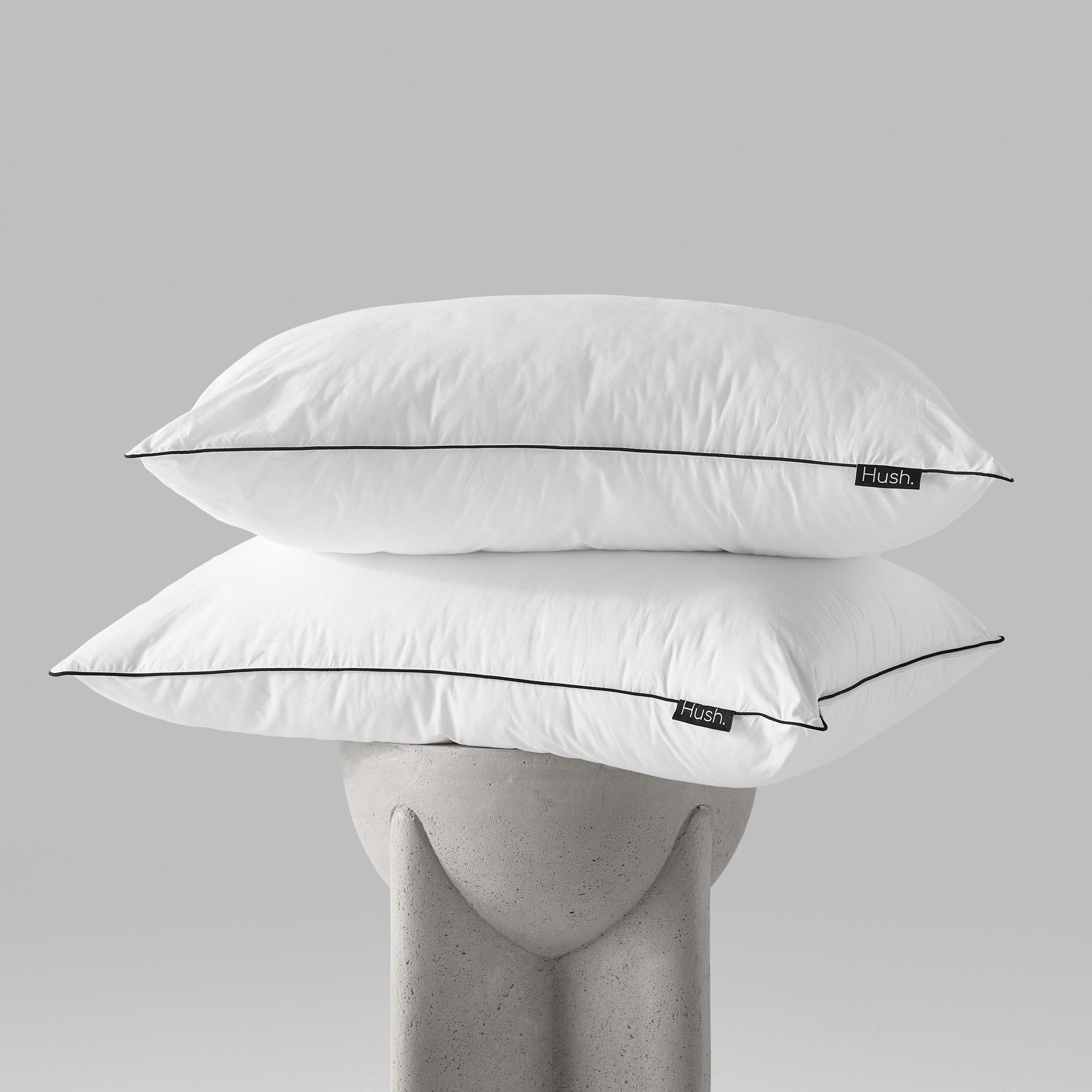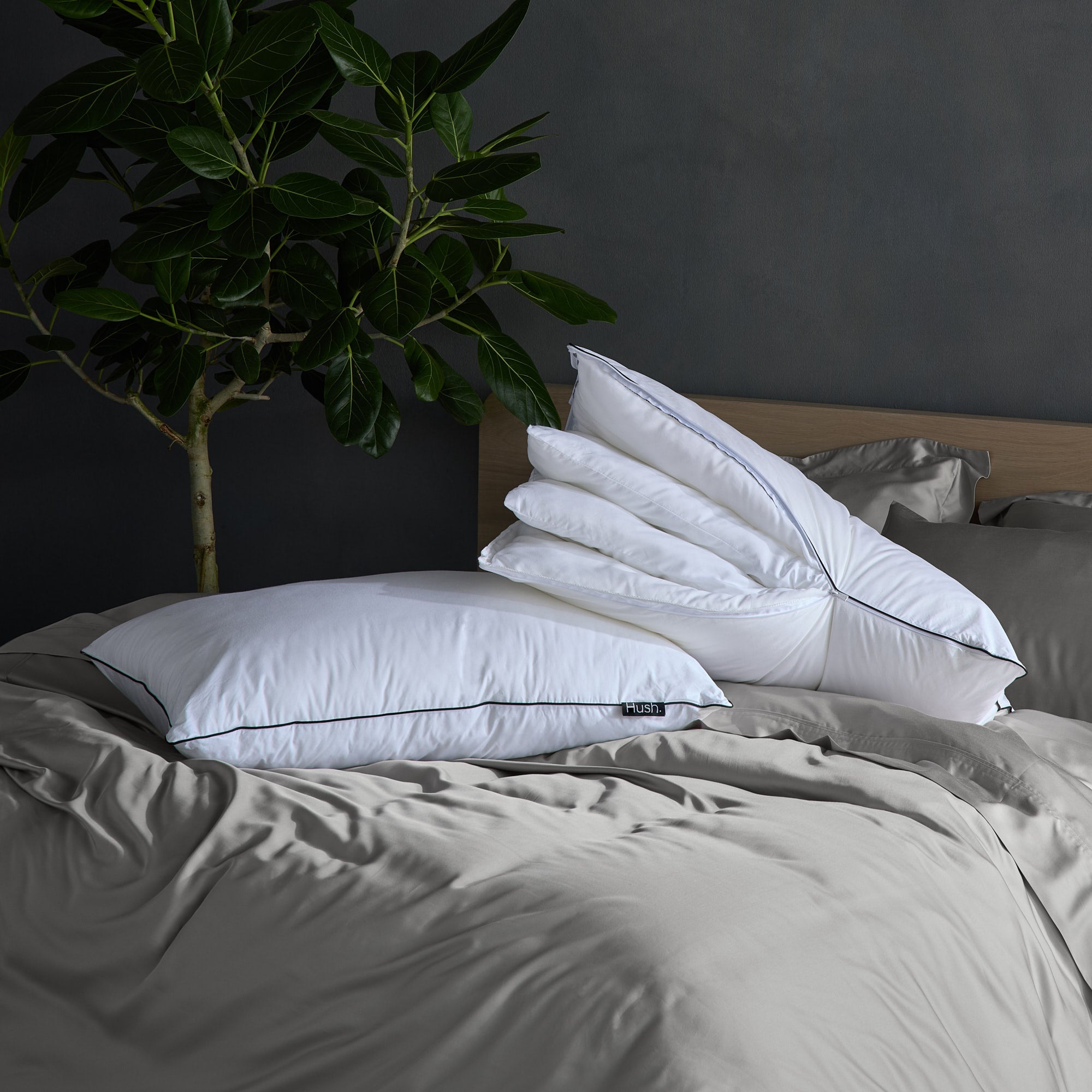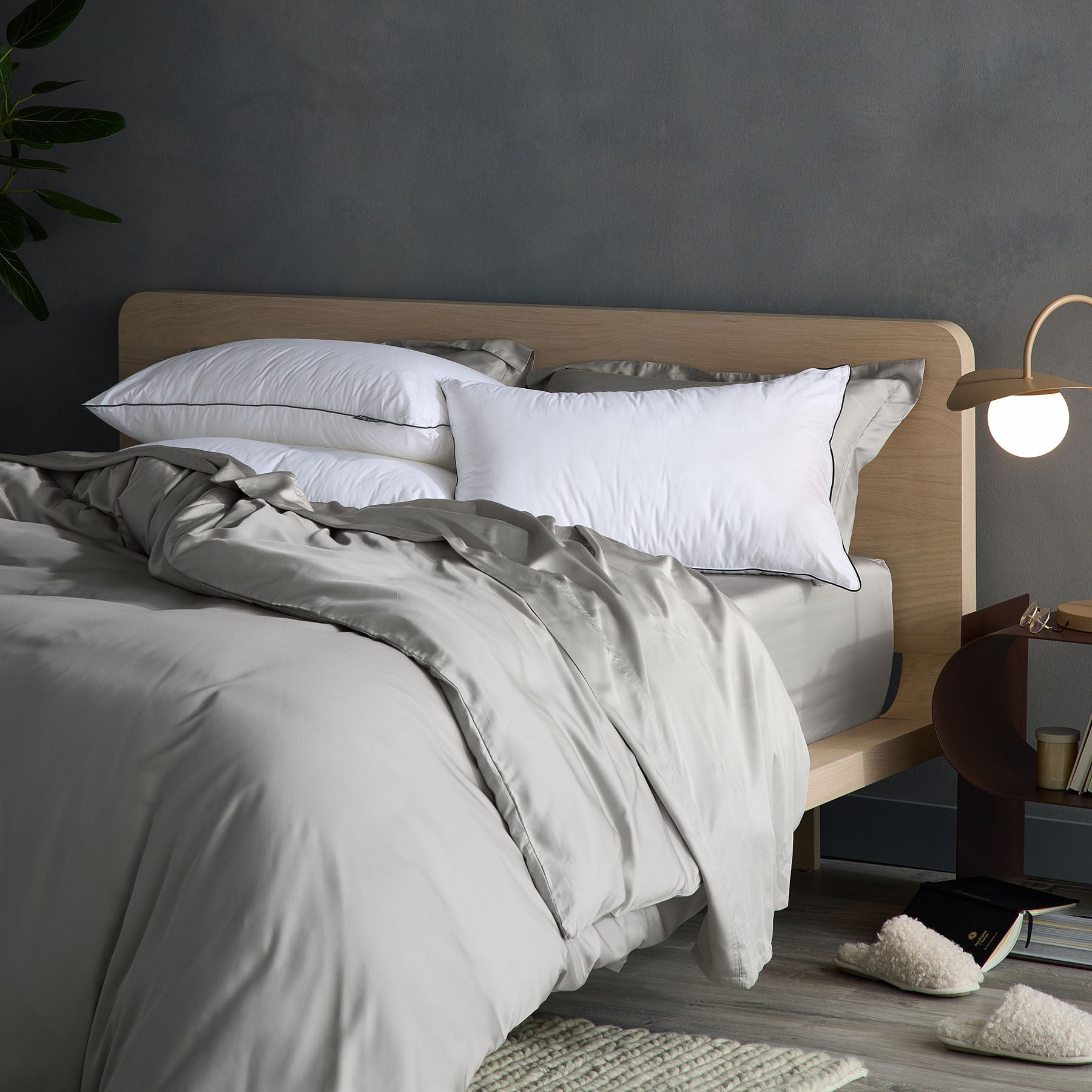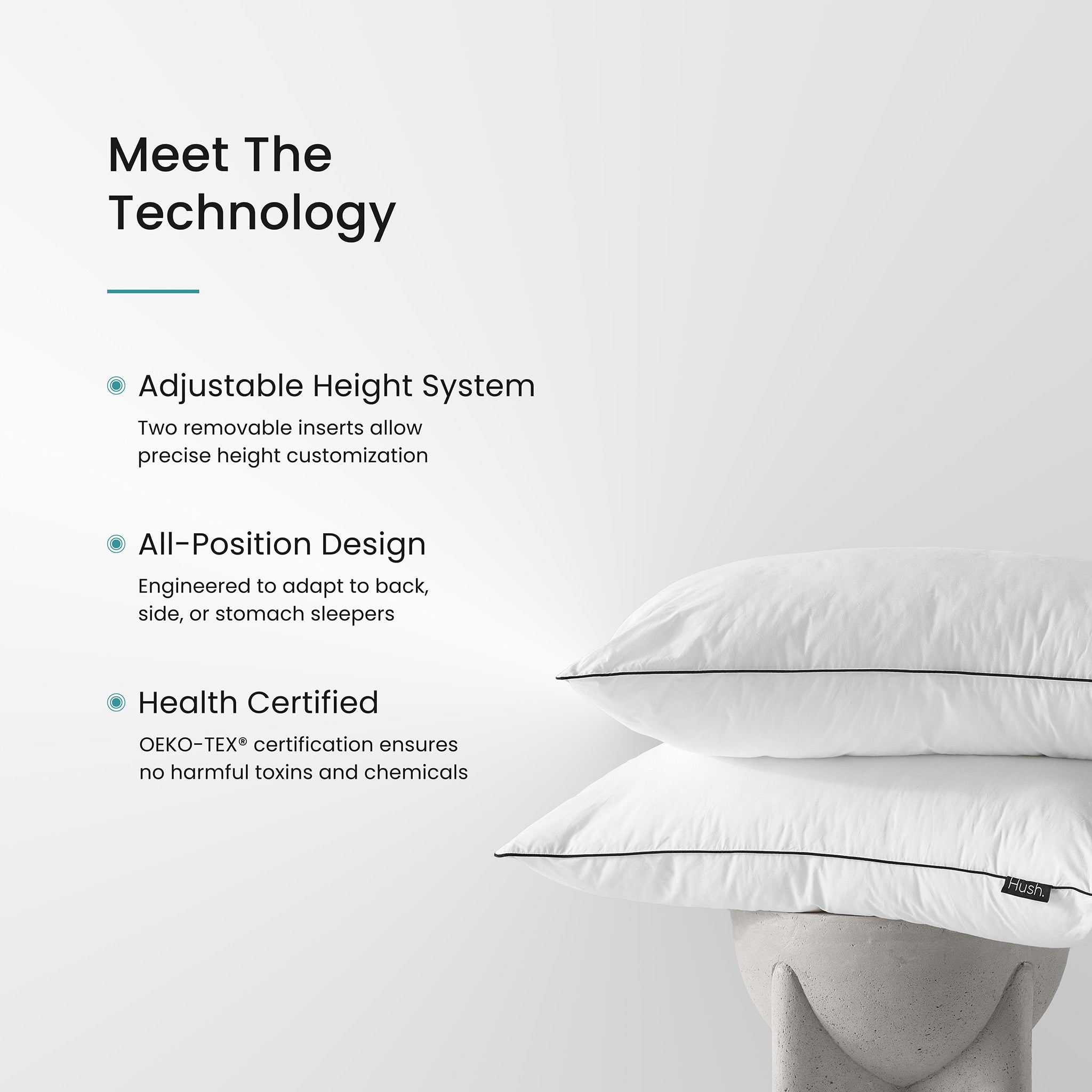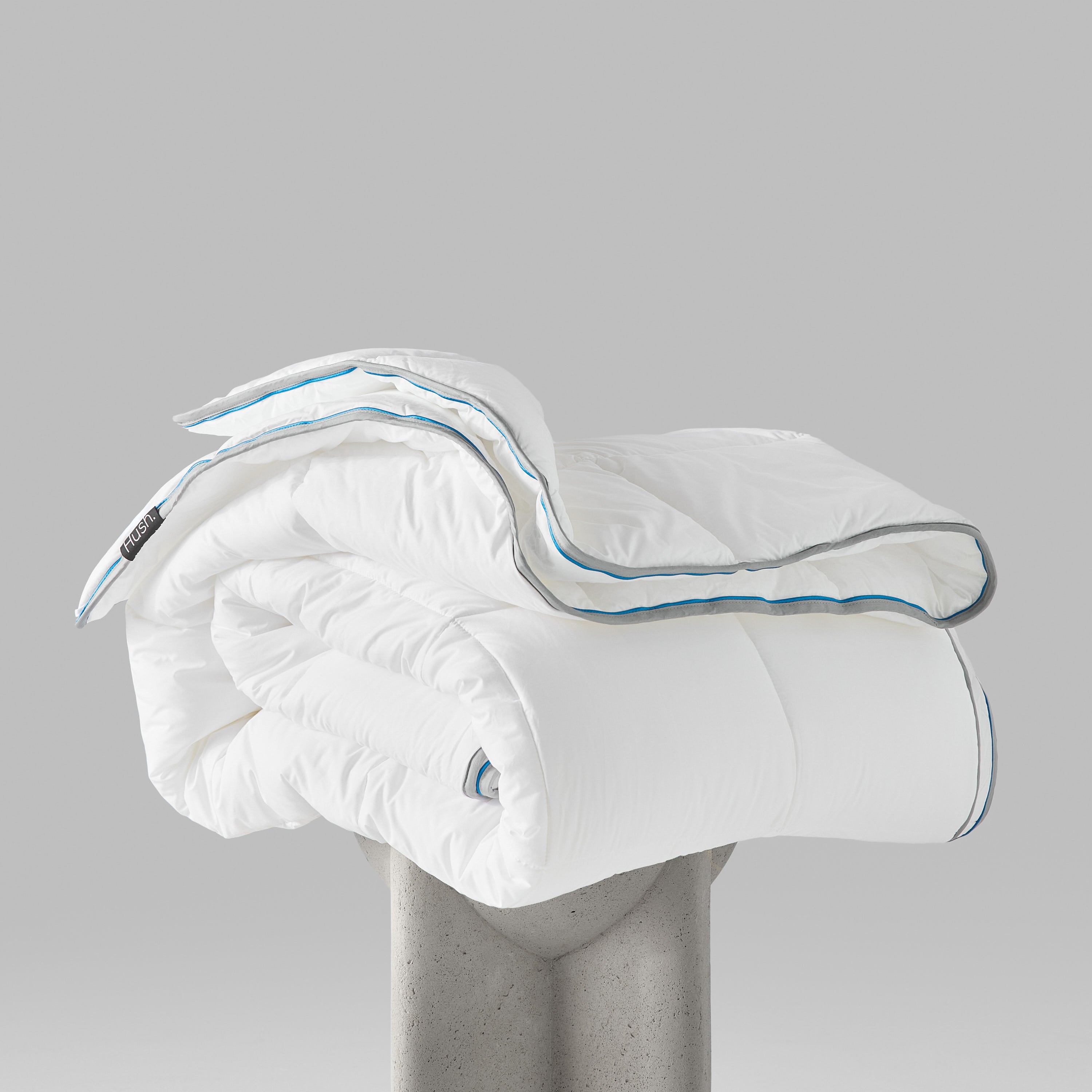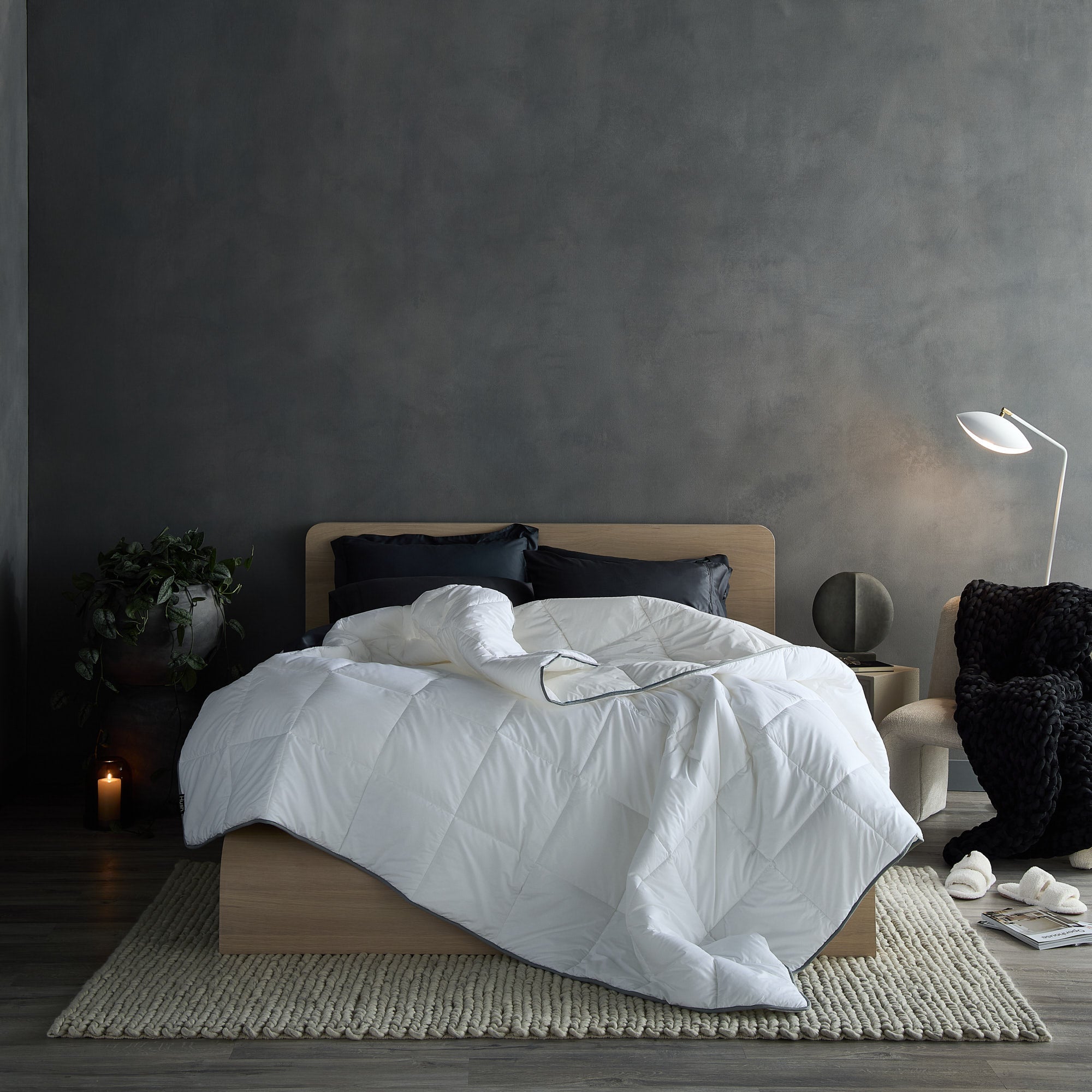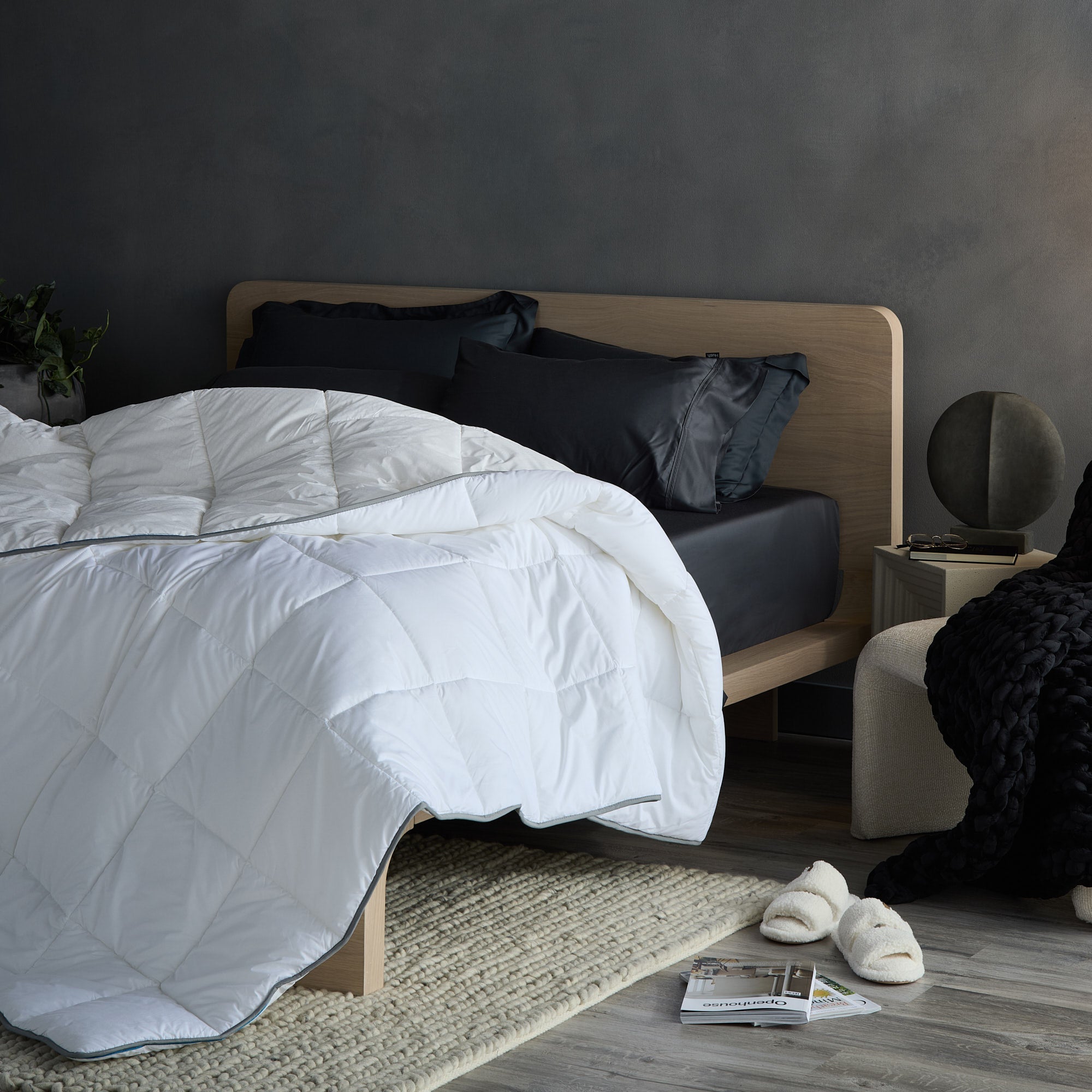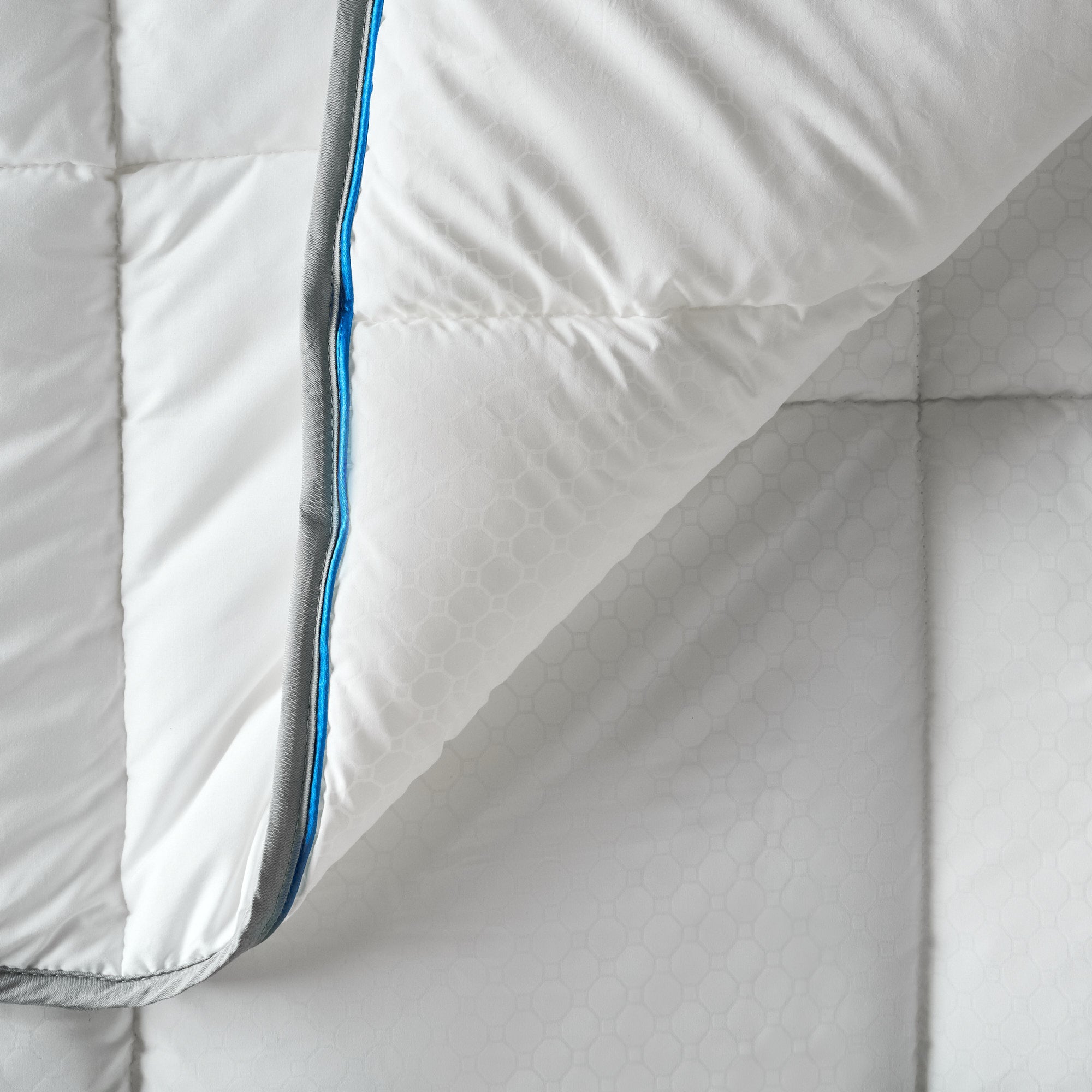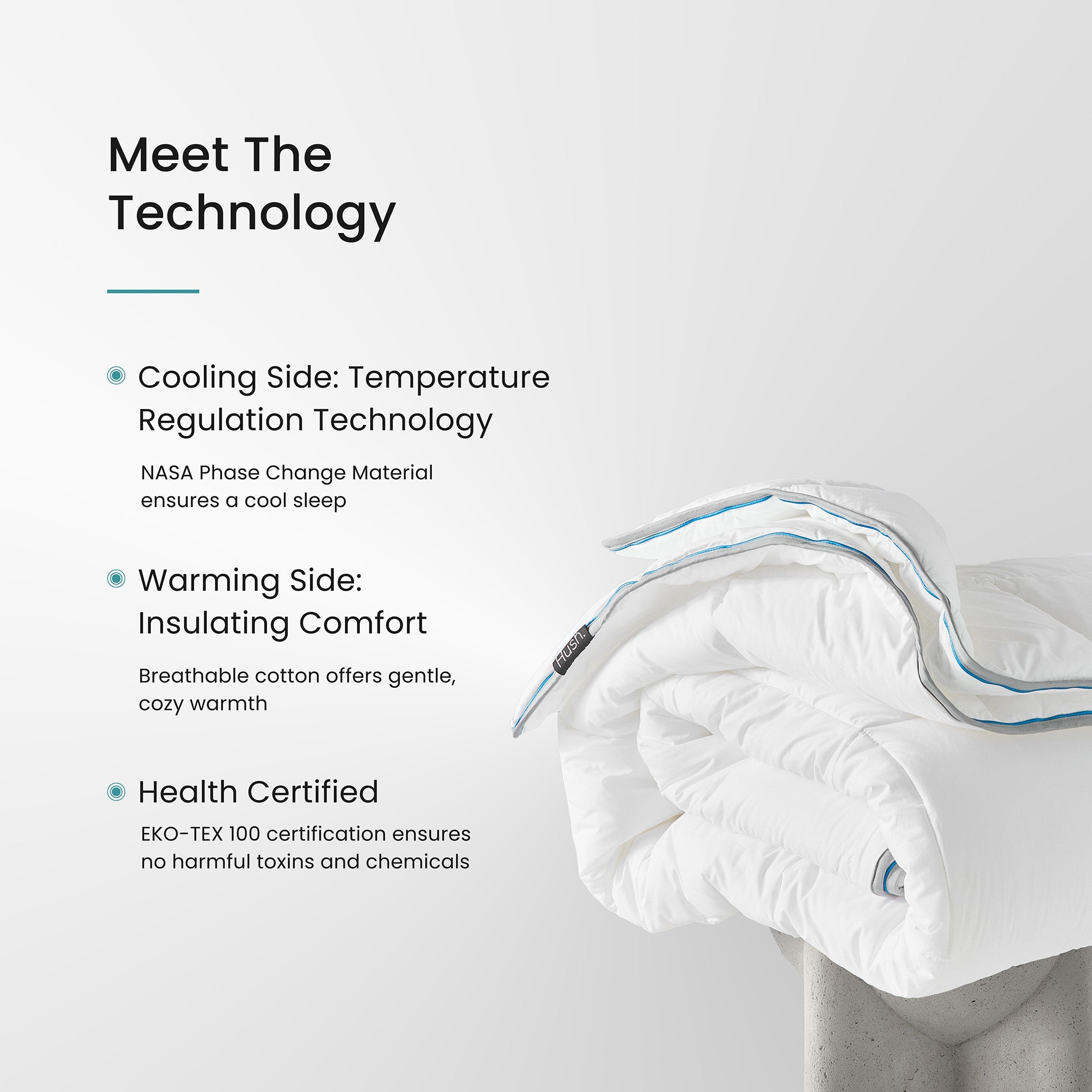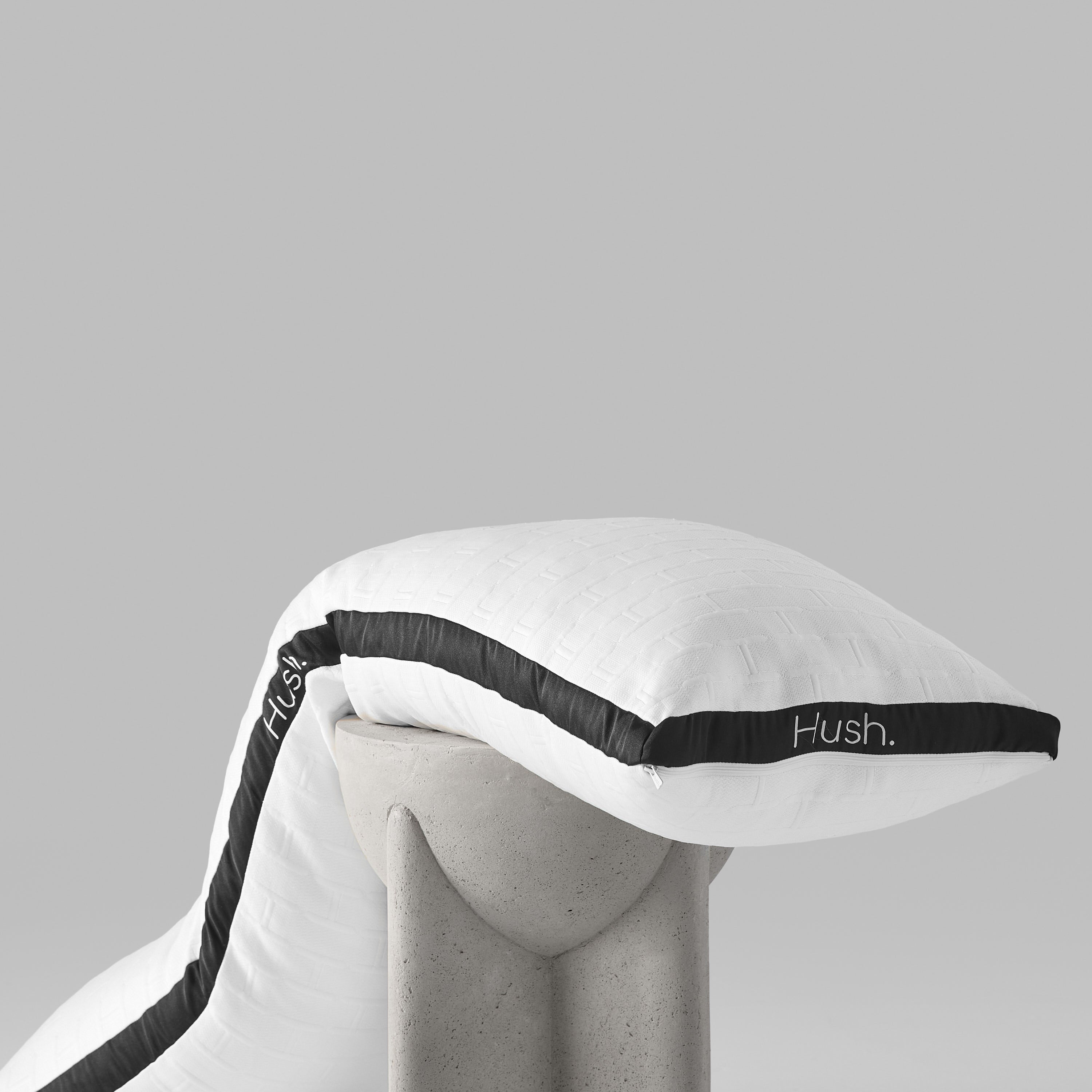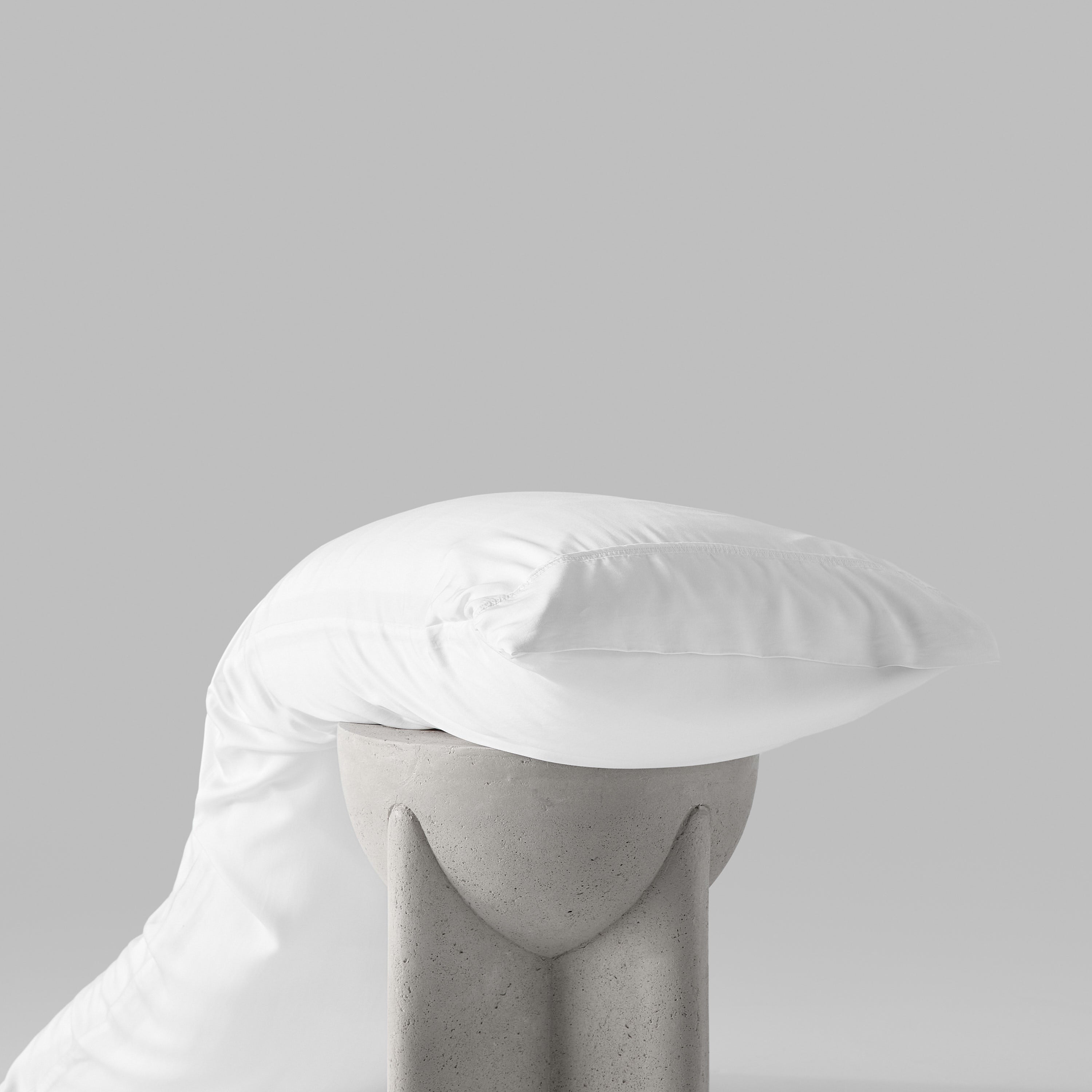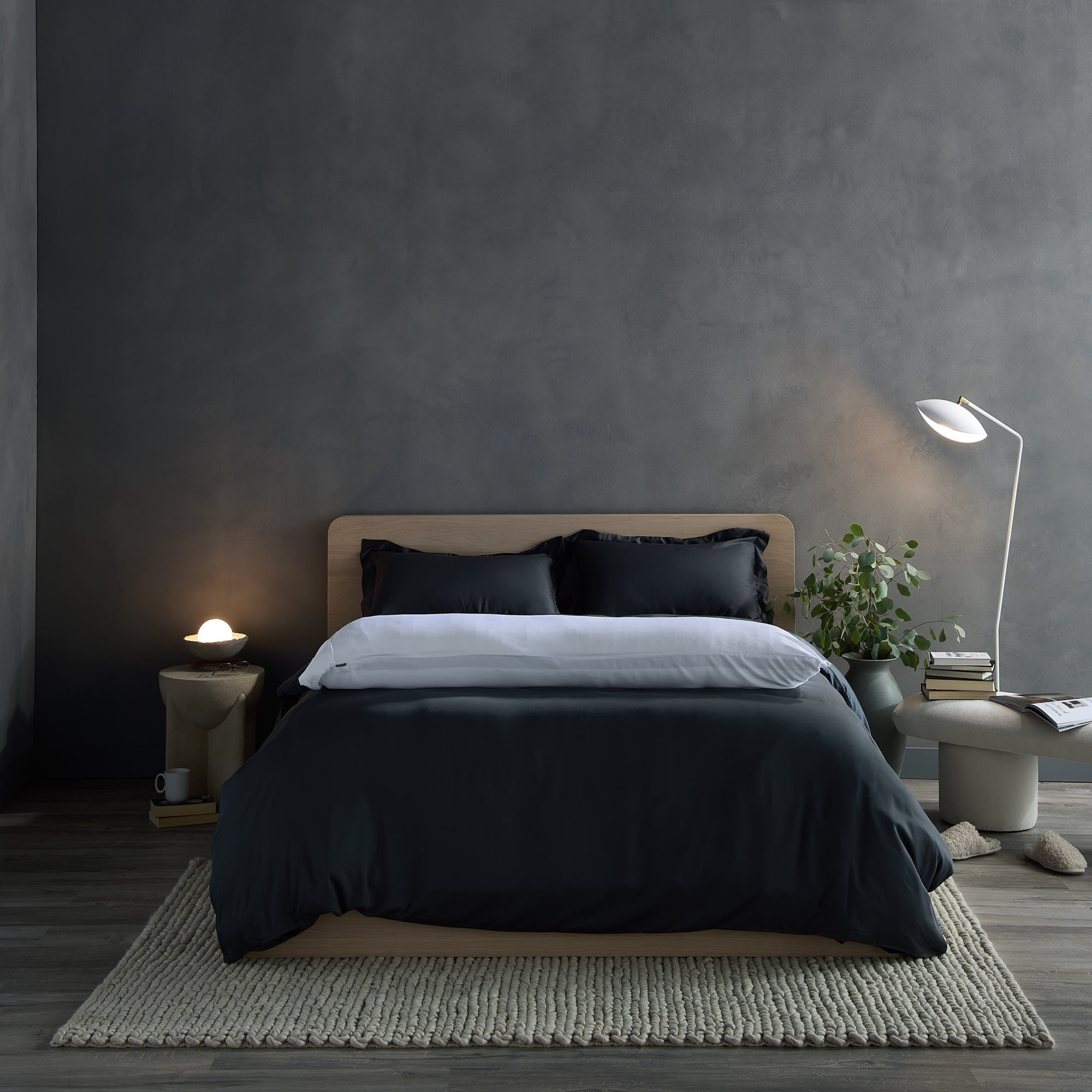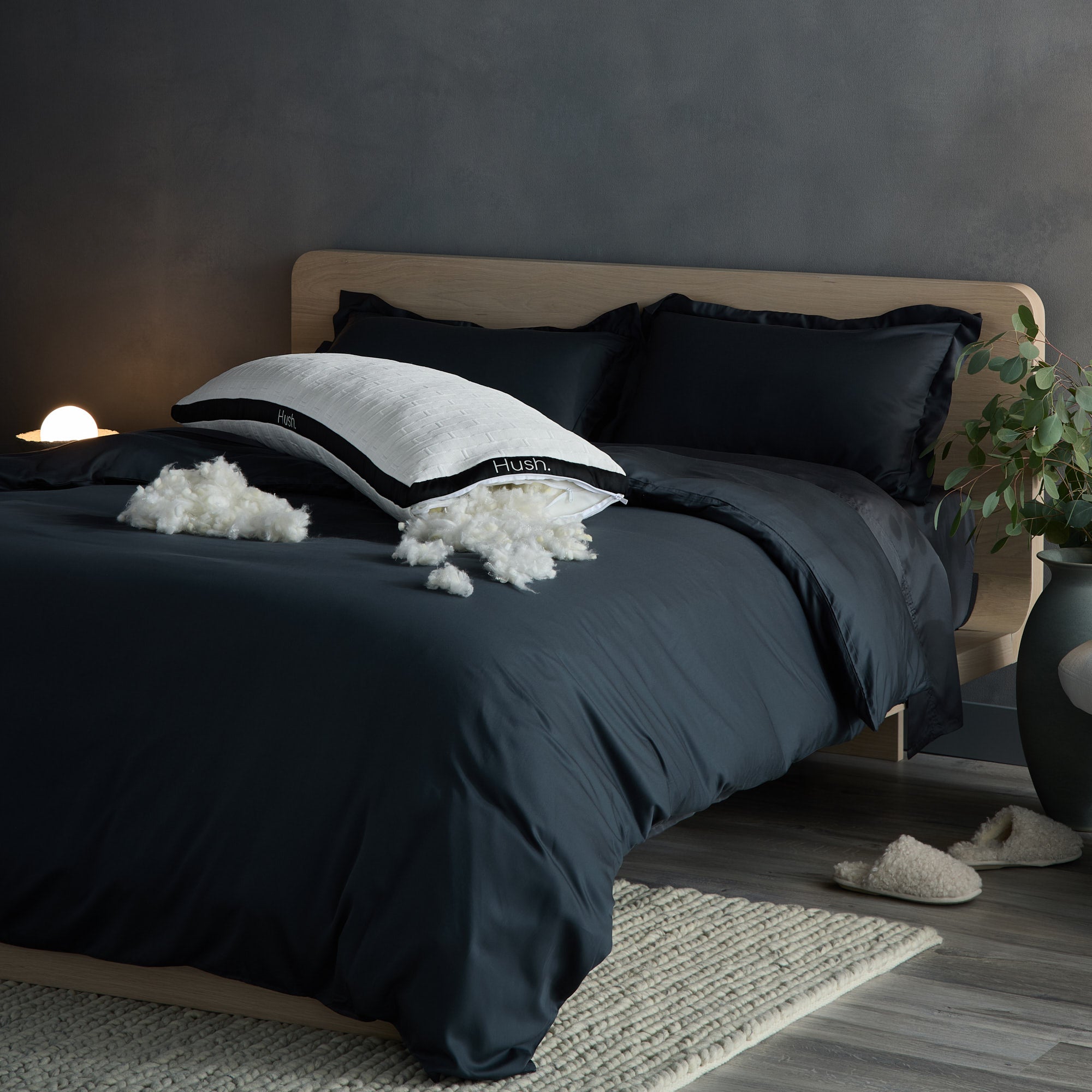Anyone who’s cared for a loved one with an Alzheimer’s or dementia diagnosis knows how extraordinarily difficult the disease can be. There’s currently no cure for Alzheimer’s or dementia, so care typically revolves around easing symptoms and making the patient more comfortable.
Some research has recently emerged showing that weighted blankets can be useful in this regard. Several studies have shown that the comforting pressure a weighted blanket provides can help people with Alzheimer’s and dementia sleep better at night and reduce anxiety during the day. Caregivers that have tried giving a weighted blanket to their loved ones have backed this up, with personal stories of improved sleep, restlessness, and overall comfort.
In this article, we’ll take a closer look at how weighted blankets might be helpful. Specifically we’ll take a look at the research that’s out there, check out some stories from caregivers who have tried them, and discuss the best weighted blanket out there for Alzheimer’s and dementia patients.
After reading through, you’ll have a good idea of whether or not a weighted blanket might be right for your loved one.
An important note: every person’s medical situation is unique, and a weighted blanket might not be appropriate in all of them. It’s best to consult with a doctor before trying a weighted blanket to make sure it’s safe.
If you’re on the fence about a weighted blanket, at Hush we make it easy to give one a try with no risk. We have a 100 Night Guarantee on our weighted blankets, which means if it ultimately isn’t right for you, you can send it right back to us for a full refund, no questions asked.
At a glance:
The Science Behind Weighted Blankets FOR Alzheimer's and Dementia

Let’s be clear: while recent clinical trials have shown some promising results, there’s unfortunately no treatment currently that can stop the progression of Alzheimer’s or dementia. Most treatment options are centered around easing secondary symptoms, like insomnia or anxiety, in order to make the patient more comfortable.
While there haven’t been many studies focused specifically on the use of weighted blankets by Alzheimer’s or dementia patients, there is some evidence that they may be able to help.
Decrease Night-Time Wake-Ups and Wandering
One case study, by researchers at the University of Tokyo, followed an Alzheimer’s patient in her 80’s for five months. Prior to the study, the patient would frequently experience hallucinations and leave her bed to wander the nursing home throughout the night.
As part of the trial, caregivers introduced a weighted blanket to the patient and analyzed her daily care records. They found that:
- The patient’s average sleeping hours increased to nearly 9 hours a night with the weighted blanket.
- She woke up during the night half as often over the course of the trial.
Caregivers also reported that the patient’s night wandering drastically decreased, and that her overall physical health seemed to improve during the trial.
Better Sleep to Slow Physical Effects
These are promising results, and while it was only a case study of one individual, it’s in keeping with other similar research. Specifically, another study from the Mayo Clinic showed that poor sleep can intensify the physical brain deterioration associated with Alzheimer’s and dementia.
This study used structural MRI’s to measure the brain tissue of nearly 1,400 older adults, then had them complete a standardized survey of their general fatigue or daytime sleepiness levels.
While these people were not Alzheimer’s or dementia patients, the researchers did find an association between a lack of good quality sleep and the development of accelerated brain aging.
One way to improve sleep quality in general, according to some other research, is to use a weighted blanket. Connecting the dots, that means weighted blankets may be able to help slow the progression of physical damage associated with dementia and Alzheimer’s.
Calming Persistent Vocalizations
Aside from helping achieve better sleep, one study from Canada found that weighted blankets can be helpful in reducing the persistent vocalizations late-stage dementia patients can often exhibit. These vocalizations usually take the form of inappropriate use of words or sounds by the patient. They’re often both repetitive and upsetting to both the people around them and the patient themselves.
The researchers in this study evaluated the patients before, during, and after the use of a weighted blanket. They found a statistically significant reduction in the amount and length of vocalizations for around ten minutes after the weighted blanket was removed.
While the researchers are careful to mention that the way in which the weighted blanket helped was unclear, they said they were a promising potential remedy for these vocalizations.
More research is needed, but all of these studies, along with some others, make clear there’s at least some evidence that weighted blankets can be helpful in easing some of the symptoms associated with Alzheimer’s and dementia.
What works for one patient may not for others, of course, so it’s a good idea to check with your loved one’s doctor before picking out a blanket for them.
What People Are Saying: Caregiver Stories

Along with formal research, there’s also anecdotal evidence that weighted blankets can be helpful for those with dementia and Alzheimer’s. On online support forums, people recommend weighted blankets to families looking for advice on particular behavioral issues or for simply making their loved one more comfortable.
The Japanese case study we mentioned earlier involved a woman who frequently got up and wandered around at night, unable to sleep. This is a relatively common behavior among those with Alzheimer’s and dementia.
One post on a support forum mentioned that the writer’s mother wandered so much at night they had turned to medication. They said they were considering a weighted blanket, and a commenter replied, “we just got my dad a weighted blanket and it has made a HUGE difference! Better quality and quantity of sleep.”
Some people have found that weighted blankets can help beyond better sleep, with one post saying they “...can also be very comforting when your loved one is awake.”
On another post seeking help in calming a loved one’s anxiety, a commenter mentioned weighted blankets as well, saying “I’ve seen them used before (previously an activities assistant at a nursing home). They tend to work pretty well.”
Still another post recommended a weighted blanket to assist with sundowning, a phenomenon associated with the earlier stages of Alzheimer’s and dementia in which anxiety and confusion increases around nightfall in otherwise reasonably lucid individuals.
It’s not just semi-anonymous commenters that have recommended weighted blankets. The Western New York chapter of the Alzheimer’s Association recently gave away weighted blankets as a ‘comfort therapy’ item that can ease anxiety. They referenced the Mayo Clinic study we discussed earlier in announcing the initiative.
All of these experiences are subjective, of course, but they do suggest that weighted blankets can certainly provide some measure of relief to patients and their families, even if they’re not considered a treatment for the disease itself.
The Best Weighted Blanket for Alzheimer’s and Dementia

If you think a weighted blanket can help make your loved one’s experience with Alzheimer’s and dementia a bit easier, you’ll find no shortage of options out there on the market. We think the Hush blanket stands out among the field as the best weighted blanket for Alzheimer’s and dementia patients for four reasons:
Quality
The build quality of our weighted blanket is unmatched, and that means it’s more effective at Deep Touch Pressure Stimulation, a.k.a. the nervous system-calming ‘hug’ effect that weighted blankets are known for.
We fill 100+ mini squares throughout our blanket with non-toxic glass sand, allowing for even weight distribution. With some lower-quality weighted blankets, the weighted filling can shift over time to one end of the blanket. With the Hush, that’s not an issue: our proprietary fabric membrane system holds the glass sand firmly in place, providing peace of mind that the weight isn’t going anywhere.
Cooling
As one commenter noted above, the best weighted blankets for Alzheimer’s and dementia patients are ones that “are designed not to be super-hot.” The Hush Iced 2.0 definitely fits the bill here, with every aspect of it thoughtfully crafted for maximum breathability. The cover is made of 100% organic bamboo, which naturally draws heat away from the body.
The inner layer’s fine glass sand, which provides the weight, is also more breathable than other types of weighted blanket filling. With the Hush, you don’t have to worry about your loved one getting too hot.
Easy to Clean
Caregivers will appreciate how easy it is to keep the Hush clean. For starters, the bamboo cover on our Iced blanket is naturally antimicrobial. It wont harbor harmful bacteria and start to smell, so it won't need to be washed as often as some other weighted blankets.
When the time does come, simply unzip the cover from the weighted inner material, throw it in the washing machine on cold, and hang it to dry.
100 Night Trial
Weighted blankets like the Hush can be very helpful to people with Alzheimer’s or dementia, but they’re not right for every situation. We take the risk out of the decision whether or not to try a weighted blanket with our 100 Night Guarantee.
If over the course of the first 100 nights it turns out the blanket doesn’t meet your needs, you can send it back to us for a full refund, no questions asked.
The Bottom Line: Weighted Blankets can Benefit Alzheimer’s & Dementia Patients

For people with Alzheimer’s or dementia, daily life can be confusing, anxiety-inducing, and cause difficulty sleeping. While there’s no cure currently for these conditions, treatment often focuses on making the patient more comfortable.
There’s promising research to suggest that weighted blankets may help ease some of these symptoms associated with Alzheimer’s and dementia, like sleep disturbances and persistent vocalizations.
There’s also anecdotal evidence from caregivers that weighted blankets can be helpful for patients with Alzheimer’s and dementia. These stories suggest that weighted blankets can improve sleep, reduce nighttime wandering, and help with anxiety.
If you think a weighted blanket can help your loved one with Alzheimer’s or dementia, try the Hush weighted blanket. It stands out because:
- Our high standards of quality mean the Hush blanket provides even pressure without ever bunching up or getting too warm.
- The 100% organic bamboo cover on our Hush Iced weighted blanket is both naturally cooling and antimicrobial.
- All of the weighted blankets we offer are simple to keep clean, making them ideal for use in long-term care settings.
If you’re interested in trying a weighted blanket for your loved one with Alzheimer’s or dementia, our 100 Night Guarantee means there’s zero risk. Check out our selection to find the weighted blanket that works for you.

